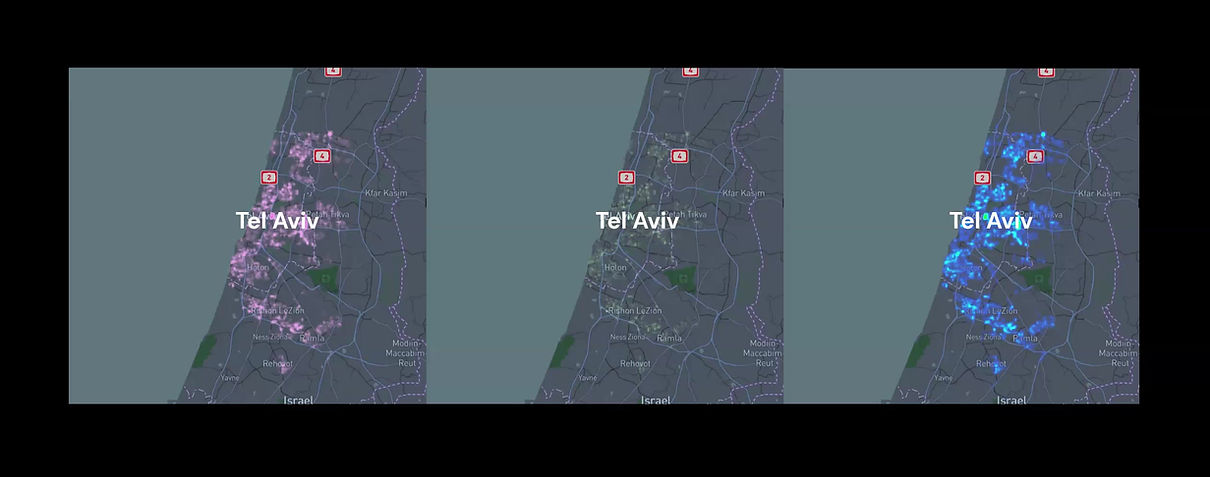

At the Future Mobility Lab, we investigate the potential and effects of innovations and new mobility forms on transportation systems and urban areas, focusing specifically on large-scale, complex systems, transport-environmental policies, automated mobility solutions, and equity. To achieve this, we develop and use state-of-the-art methodologies in behavioral modeling, simulation, data collection, and analytical

Latest Publication
We examined the spatiotemporal dynamics and accessibility implications of shared e-scooter use in Tel Aviv using a full year of city-wide trip data. By integrating millions of scooter trips with public transport accessibility, weather conditions, and calendar effects, the study reveals strong and regular temporal patterns shaped by daily and weekly urban routines. The findings show that demand is heavily concentrated in already well-connected central areas, with limited penetration into peripheral zones, suggesting that shared e-scooters currently function primarily as short-range, intra-core alternatives rather than effective first or last-mile solutions. The analysis highlights the risk that micromobility services may reinforce existing mobility hierarchies without targeted regulatory and infrastructure interventions.
We explored the complex interplay between urban activity patterns and traffic dynamics by introducing a novel, decoupled framework for integrating behavioral models with mesoscopic traffic assignments. Rather than relying on rigid, pre-integrated systems, our approach allows for a flexible "dialogue" between demand and supply, identifying a unique equilibrium where trip frequencies and travel times stabilize. By applying this methodology to a mid-sized city, we demonstrate that a balanced state between human behavior and infrastructure capacity can be reached through strategic perturbations, effectively bridging the gap between how people plan their days and how traffic actually flows. The results reveal a highly consistent distribution of urban movement, suggesting that this iterative approach can serve as a robust tool for planners seeking to simulate and synchronize the pulse of a city’s transportation network.

